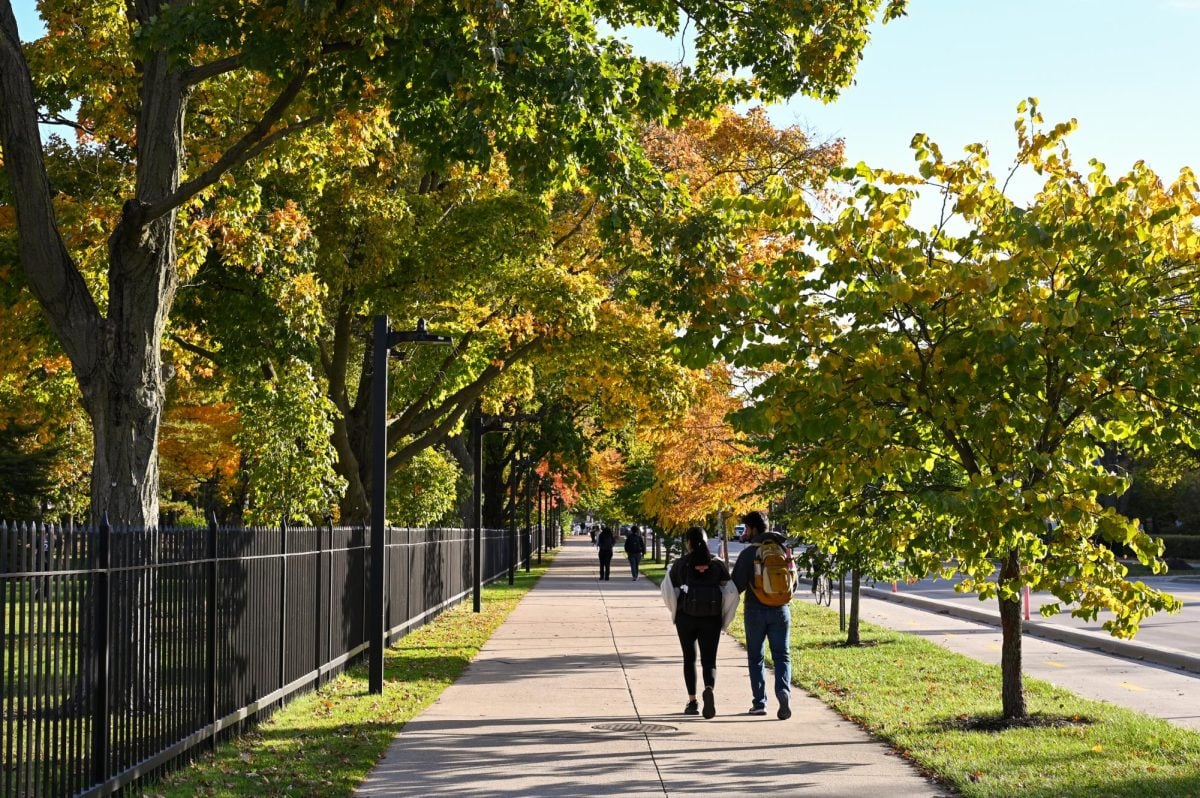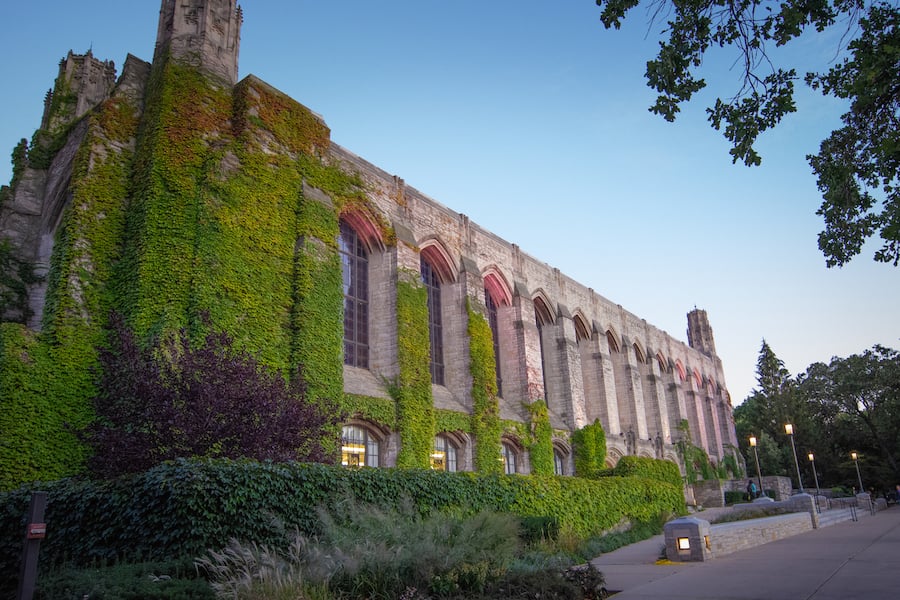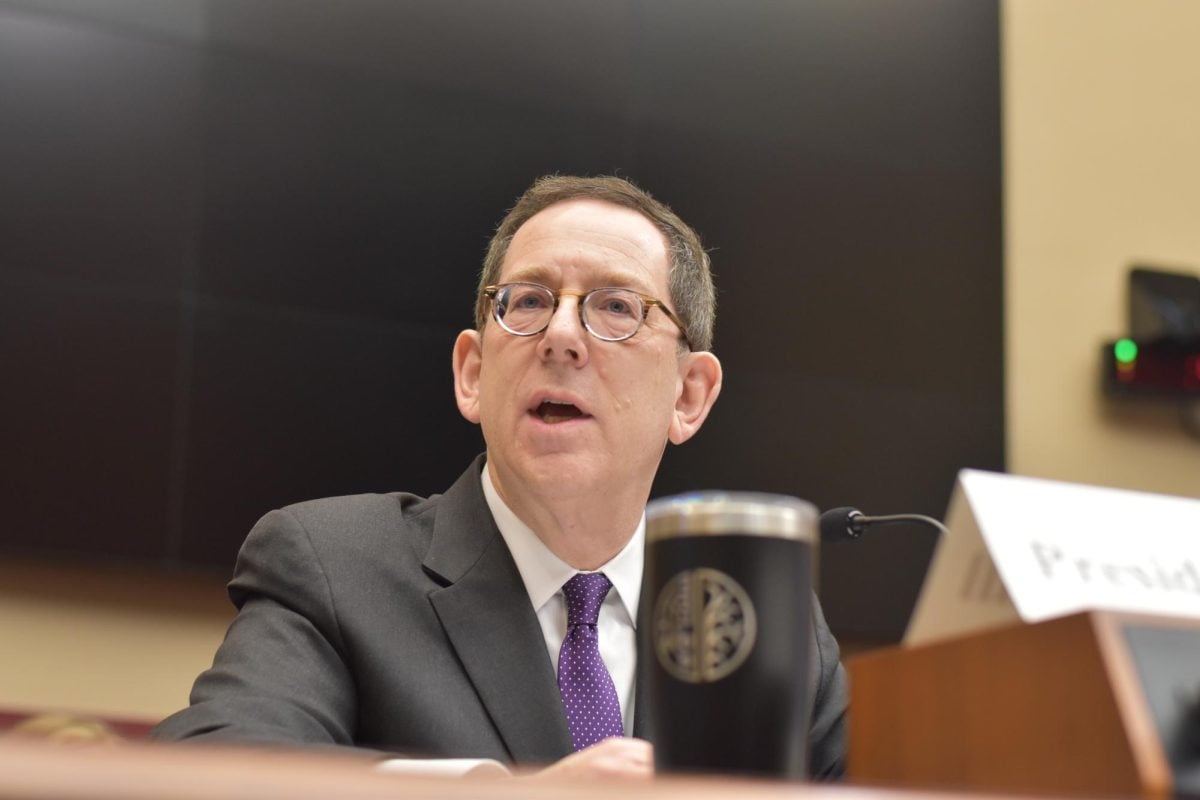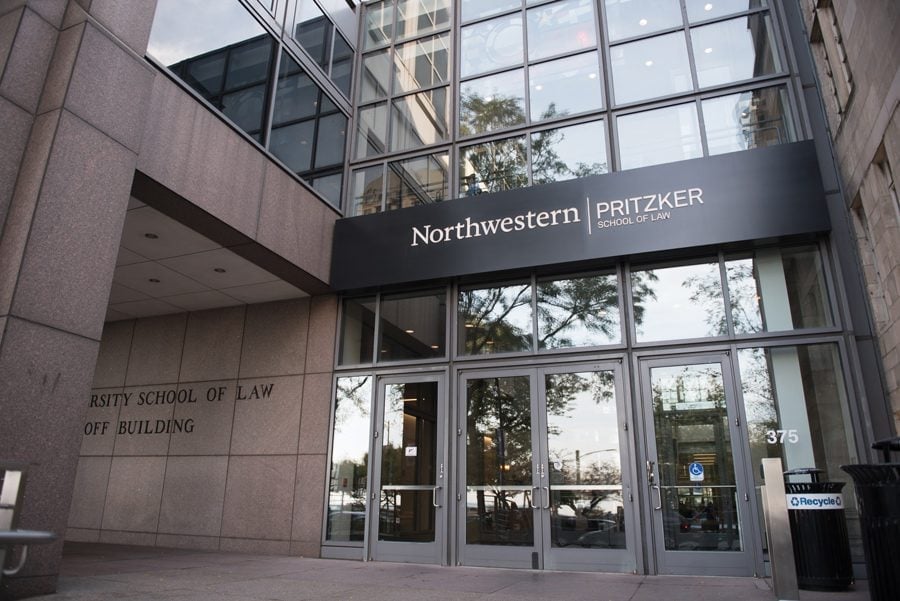Northwestern’s Graduate School launched its five-year strategic plan this month, with a focus on improving the student experience for graduate students.
The plan, “Diversify, Serve, and Engage: Northwestern’s Blueprint for Graduate School Education,” will take effect this year. Almost half of the 44-page plan consists of an appendix of data demonstrating the state of diversity in the school.
Graphs show although the number of underrepresented minorities, females and international applicants increased from 2006 to 2011, the number of admitted students in those categories remained largely the same. As a result, increasing the school’s diversity is one of the plan’s three main components.
Dwight McBride, associate provost and dean of The Graduate School, emphasized the importance of statistical data as the plan’s foundation.
“The data appendix to the plan provides information about many issues we discuss on a daily basis, including degree completion rates, time to degree, job placement and student demographics,” McBride said in a University news release.
Rick McGee, associate dean of faculty recruitment and professional development at the Feinberg School of Medicine, has been working with the school’s diversity initiatives since 2011. Diversity is an important pillar of the five-year plan, he said.
“I absolutely agree with the dean when he pointed out that having a diverse population in students who you learn and develop with is absolutely essential to the quality of education,” he said. “With just my knowledge in the biomedical sciences, my assessment is that Northwestern is pretty much on par with the other universities that it compares itself to.”
Since Fall Quarter 2011, McGee has been giving presentations to the school’s admissions officers on how to look at applicants more holistically to increase the school’s number of enrolled underrepresented minorities. McGee said he also supports the plan’s initiative to develop relationships with other schools that have high numbers of underrepresented minorities.
“Relationship building, certainly in the sciences, is key and will be highly effective,” he said. “In the sciences, having students come here to do research, in our field, is essential.”
However, Chris Wilmer, a graduate student studying chemical and biological engineering, said he does not see a lack of diversity in the school.
“In my research, there is maybe one native English speaker and there’s maybe 10 or 12 people in the lab,” he said. “There’s people from all over the world, so I think maintaining that could be very important.”
Another part of the plan focuses on improving engagement, including strengthening the school’s mentoring system by targeting alumni in diverse professions to serve as role models.
Tracy Davis, associate dean for academic affairs for The Graduate School, said in addition to emphasizing diversity and engagement, the plan will increase service and support for NU’s large graduate student population, which has students enrolled in 63 Ph.D. programs and 43 master’s programs.
Because they serve as teaching assistants while conducting their own research, graduate students have a unique set of academic needs, she said.
“They’re students who don’t have the same kinds of services that are offered to undergraduates though the various schools,” Davis said. “They also have particular needs in terms of planning and research oversight.”
Lauren Caruba contributed reporting.


















